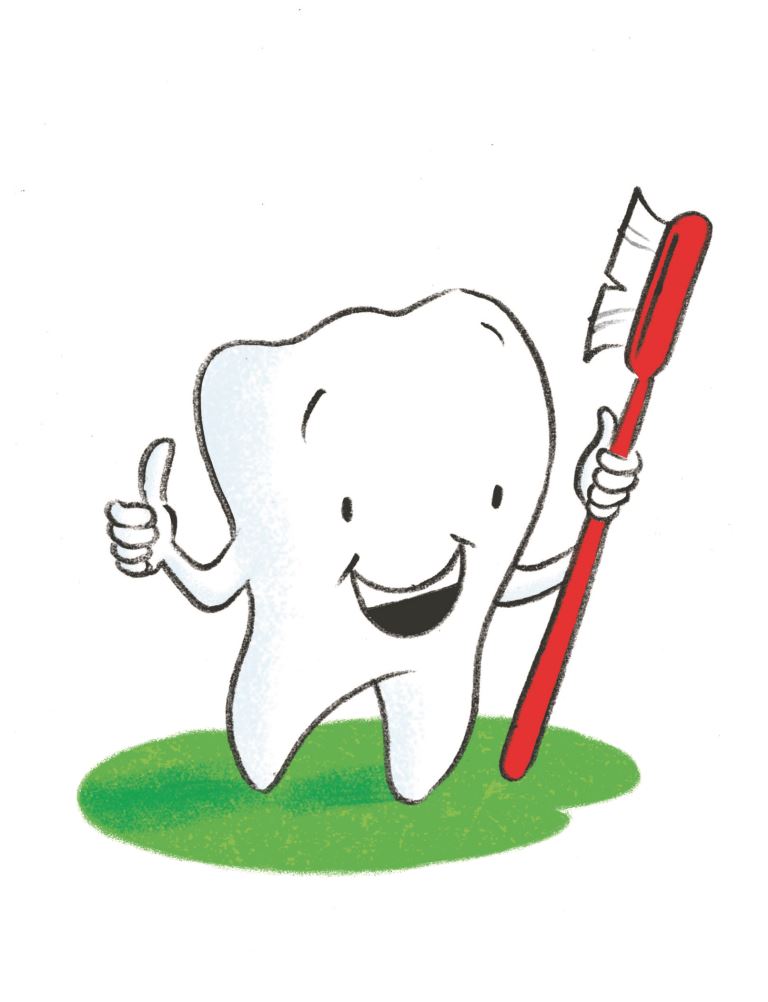<link href="https://cdn.sur.ly/widget-awards/css/surly-badges.min.css" rel="stylesheet">
<div id="surly-badge" class="surly__id_56779743 surly-badge_white-gradient" onclick="if(event.target.nodeName.toLowerCase() != 'a' && event.target.parentElement.nodeName.toLowerCase() != 'a') {window.open('https://sur.ly/i/parentingwithouttears.com/'); return 0;}">
<div class="surly-badge__header">
<h3 class="surly-badge__header-title">Content Safety</h3>
<p class="surly-badge__header-text">HERO</p>
</div>
<div class="surly-badge__tag">
<a class="surly-badge__tag-text" href="https://sur.ly/i/parentingwithouttears.com/"> parentingwithouttears.com </a>
</div>
<div class="surly-badge__footer"> <h3 class="surly-badge__footer-title">Trustworthy</h3> <p class="surly-badge__footer-text">Approved by <a href="https://sur.ly" class="surly-badge__footer-link">Sur.ly</a> </p> </div> <div class="surly-badge__date">2023</div>
</div>
 In honour of Colgate’s Oral Health Month this September, we conducted research which found that 40 per cent of parents believe that milk teeth don’t matter because they are just going to fall out.
In honour of Colgate’s Oral Health Month this September, we conducted research which found that 40 per cent of parents believe that milk teeth don’t matter because they are just going to fall out.
However, before they fall out your child is going to need them if they're to eat well, to have confidence smiling and speaking, and to avoid pain that can be caused by tooth decay or infection. To do this they are going to need adult help.
Here are my top ten tips for caring for your children’s oral health:
1. Start them young: you can keep a baby's mouth healthy by gently wiping along their gums with a muslin cloth wrapped around your finger. This will help get your baby used to having their teeth and mouth cleaned from an early age.
2. Brush at bedtime: always remember to clean your baby’s mouth or brush your child’s teeth before bedtime; the most important time for anyone to clean their teeth is before they go to bed. This applies to adults too!
3. Time for a toothbrush: once your baby has teeth, which is from around six months old, these teeth need to be brushed. Make sure to use a special children's toothbrush which is appropriate for their age.
4. Don’t use water: put a small amount of toothpaste on a dry brush. Water will dilute the fluoride in the toothpaste, which makes the protection less effective.
5. Fluoride facts: toothpaste should contain fluoride, which hardens teeth against decay and against the acids in foods and drinks. The correct amount of fluoride for children up to three years old is 1000ppm – it should say this on the tube, for age four and above its 1400ppm.
6. Use age-specific pastes: make sure to use age-specific brushes and pastes. Colgate has a range especially designed for kids, including up to three years, four to six years, and six plus years.
7. Two-minute timers: ensure your child bushes for two minutes – always use a timer it is very hard to keep to two minutes without one.
8. All round brushing: brush every surface of every tooth evenly, on the inside and outside, and brush gently along the gums. And don’t forget to gently brush the tongue!
9. Oversee their brushing: until they are seven years old you should brush their teeth for them, but gradually allow them to do some brushing for themselves, help them with it, and encourage them to do it properly. Always check that they have brushed well.
10. Positive rewards: it can help to use a reward chart to give your child an incentive to brush. Tick off on the chart each day when you have brushed, and give them positive rewards. But not sweets.
Dr Simon N Khoury BDS (Bristol) is a General Dental Practitioner and Primary Care Providers Group member B&NES PCT. Passionate about improving people's oral health, dispelling myths that surround oral health and oral hygiene and working to prevent dental diseases, he has worked as Colgate’s Oral Health Month ambassador in 2012 to raise awareness and dispel myths. He recently joined Avon Local Dental Committee, a panel of dentists representing the profession within the Bristol and Bath area.